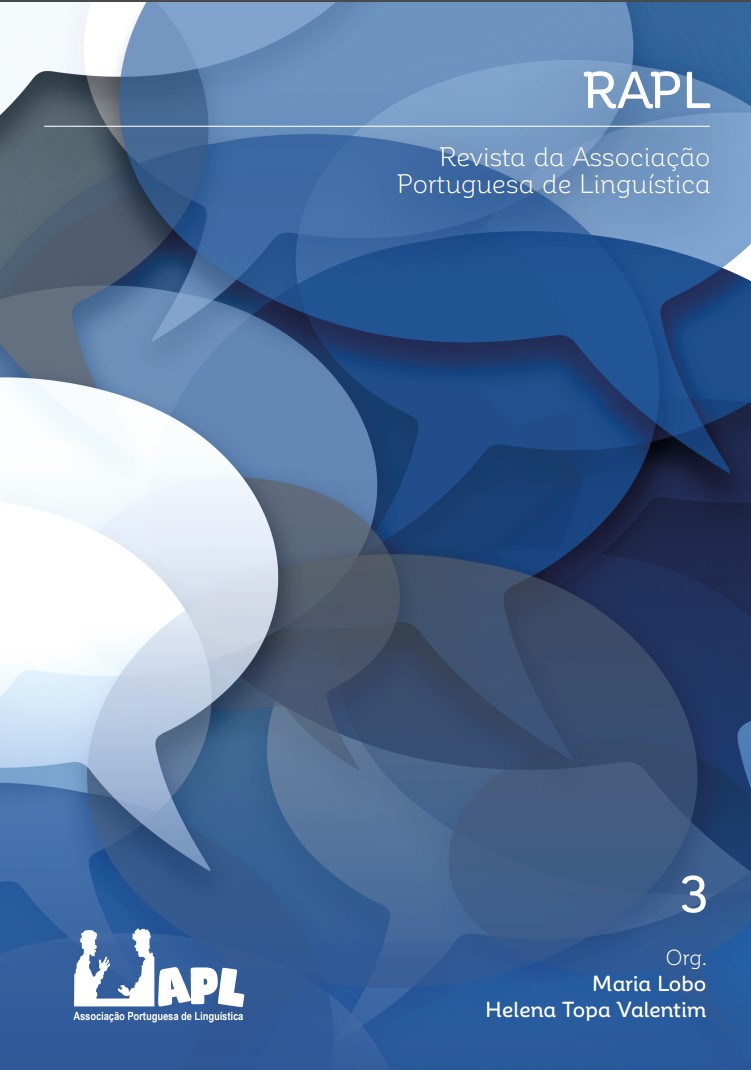Complimentary comments on social media: valuing courtesy strategies
DOI:
https://doi.org/10.26334/2183-9077/rapln3ano2017a17Keywords:
comity, speech acts, social networks, verbal interaction, comments, laudatory actsAbstract
In recent years, the social networking website Facebook has become a referential online area for the development and strengthening of social bonds, of pre-existing social relationships from offline daily life (LAMOE et al 2006). Assuming that social networks are collective and collaborative spaces of communication and information exchange, which have changed the way thousands of people communicate to each other, and being Facebook the most widespread networking website (KREUTZ 2009), it becomes a fruitful field to the research of verbal interactions. However, there is a new epistemological positioning which endorses the necessity to rethink the description of the Facebook network, not only as a platform of communication, but also as a complex discursive environment, in which notions of identity, intimacy and social-affective bonds are important issues to be discussed (EMERIT-BIBIÉ L., 2015). Grounded on the dialogical design of language (BAKHTIN, 2003) and being engaged on verbal interactions researches, the article highlights the dialogical dimension which underlies the sociability - especially built via “comments” mode - a discursive, social and public space which allows the construction and management of someone’s own identity and alterity. Through a pragmatic approach, we reflect upon meaningful speech acts - particularly the ones related to congratulations, compliments and other laudatory acts - as an expression of support and encouragement, in which interlocutors resort to discursive strategies that value the positive and cordial face of others. The theoretical framework favors studies related to the verbal politeness,namely the ones of Brown & Levinson (1987); Kerbrat-Orecchioni (2001 e 2004), Araújo Carreira (1997) and Vivas Márquez (2014).
Downloads
Downloads
Published
How to Cite
Issue
Section
License
Copyright (c) 2017 Isabel Roboredo Seara, Ana Lúcia Tinoco Cabral

This work is licensed under a Creative Commons Attribution-NonCommercial-ShareAlike 4.0 International License.
Authors retain copyright and concede to the journal the right of first publication. The articles are simultaneously licensed under the Creative Commons Attribution License, which allows sharing of the work with an acknowledgement of authorship and initial publication in this journal.
The authors have permission to make the version of the text published in RAPL available in institutional repositories or other platforms for the distribution of academic papers (e.g., ResearchGate).




